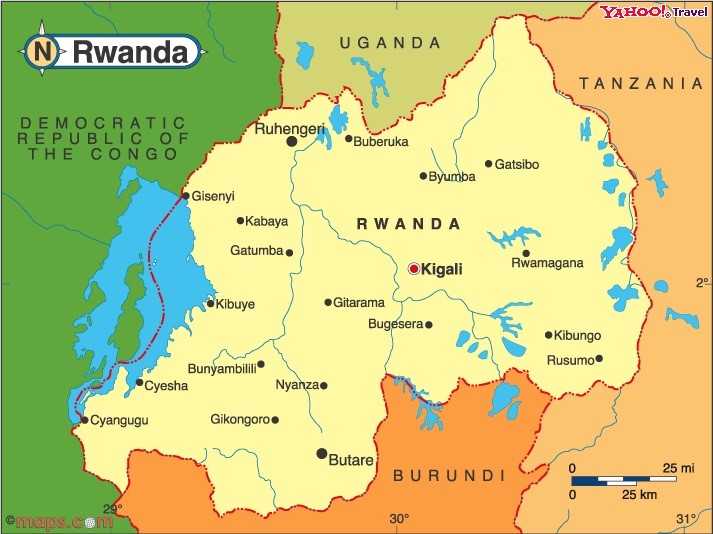MILAN – Rwanda will continue to move forward with its May coffee harvest despite the global pandemic. The country plans on complying with social distancing by enforcing workers to remain a meter apart and placing strict travel restrictions on its exports, reports The Conversation.
In March the government locked down the capital of Kigali, halted commercial flights and banned domestic travel for all nonessential workers.
Rwanda appears to have been successful in keeping COVID-19 at bay so far. The Central African country of 12 million reported just over 250 cases as of early May.
Coffee production, which provides an income to 350,000 Rwandan farming families, has been allowed to continue – in modified fashion.
Coffee farmers in Rwanda must adhere to social distancing guidelines during the May harvest, keeping coffee pickers one meter apart. As a result, according to two Rwandan coffee sector experts who work with farmers, they are hiring fewer workers. That may increase the time it takes to pick the same acreage.
Since not all workers in the coffee sector are considered essential, Rwanda’s strict travel restrictions are also slowing coffee’s journey from farm to cup.
To avoid contact between buyers and farmers, some processing mills are asking farmers to deliver their harvest themselves, rather than send trucks for pickup.
Few farmers in Rwanda own cars or motorcycles – less than 3%, based on a research. So they must deliver their coffee on foot, traveling on average 3.5 miles. A round trip that normally takes minutes may now take two hours.
Once the coffee reaches the mill, hurdles to processing arise.
“My company has two agents who are allowed to travel to mills to oversee operations, but they must be tested for COVID-19” at police checkpoints when entering a new district, a Rwandan coffee buyer said.
Sorting and milling of coffee is also likely to take substantially longer due to decreased staffing in compliance with social distancing regulations.
To keep on-site workers safe, mills are setting up hand washing stations and distributing hand sanitizer, but many are struggling to get required protective equipment like face masks, which have surged in price due to increased demand.


















